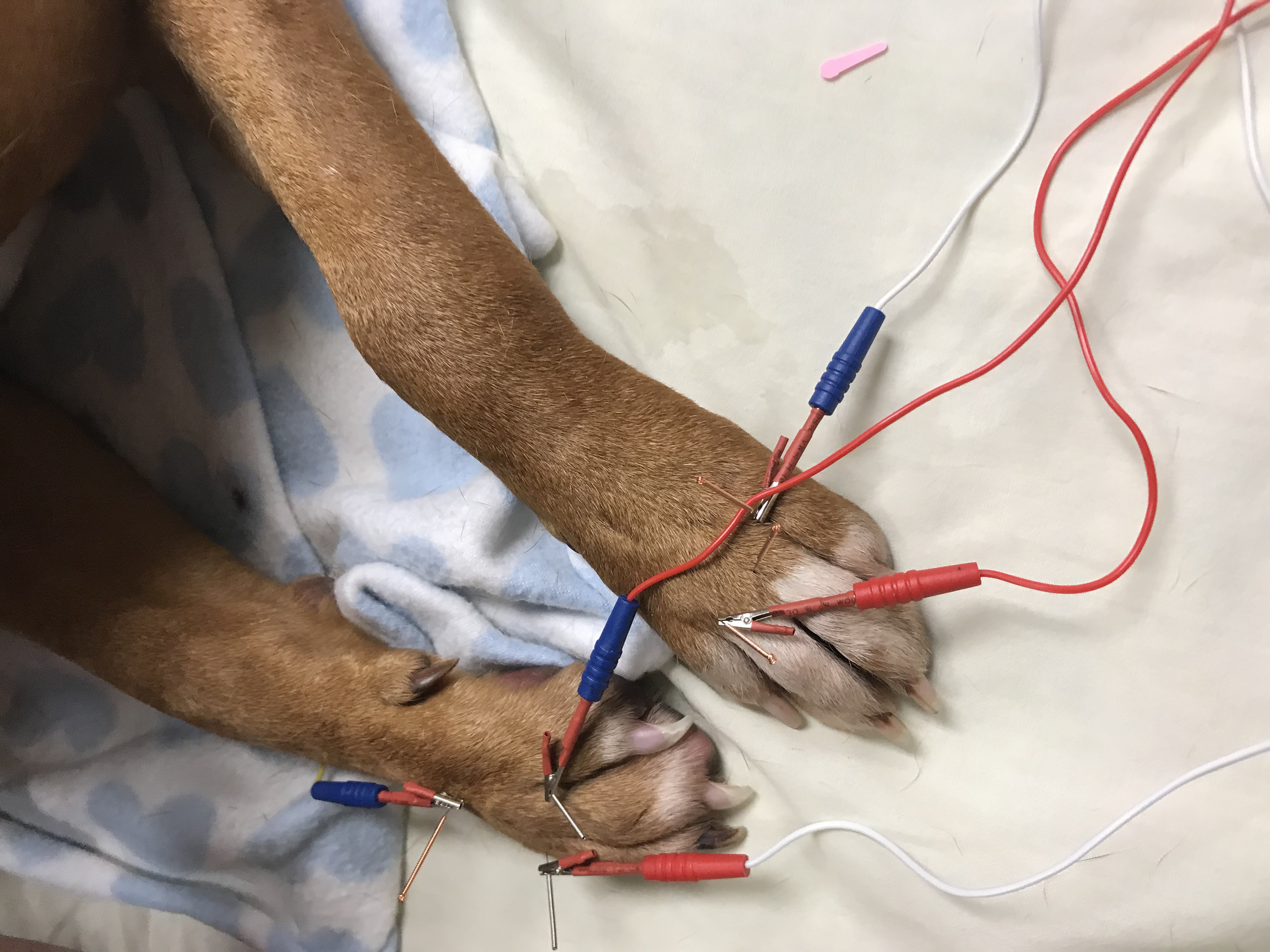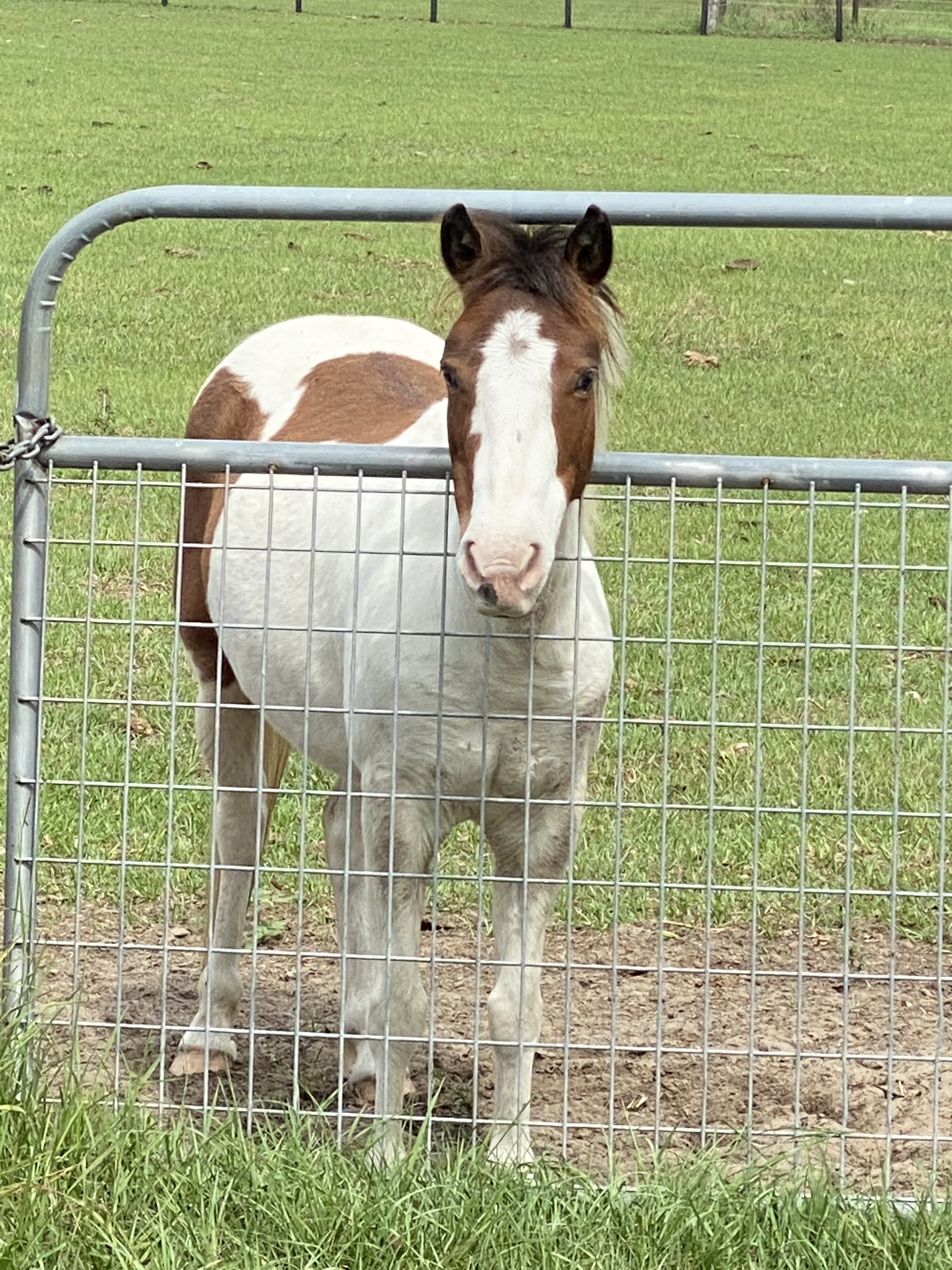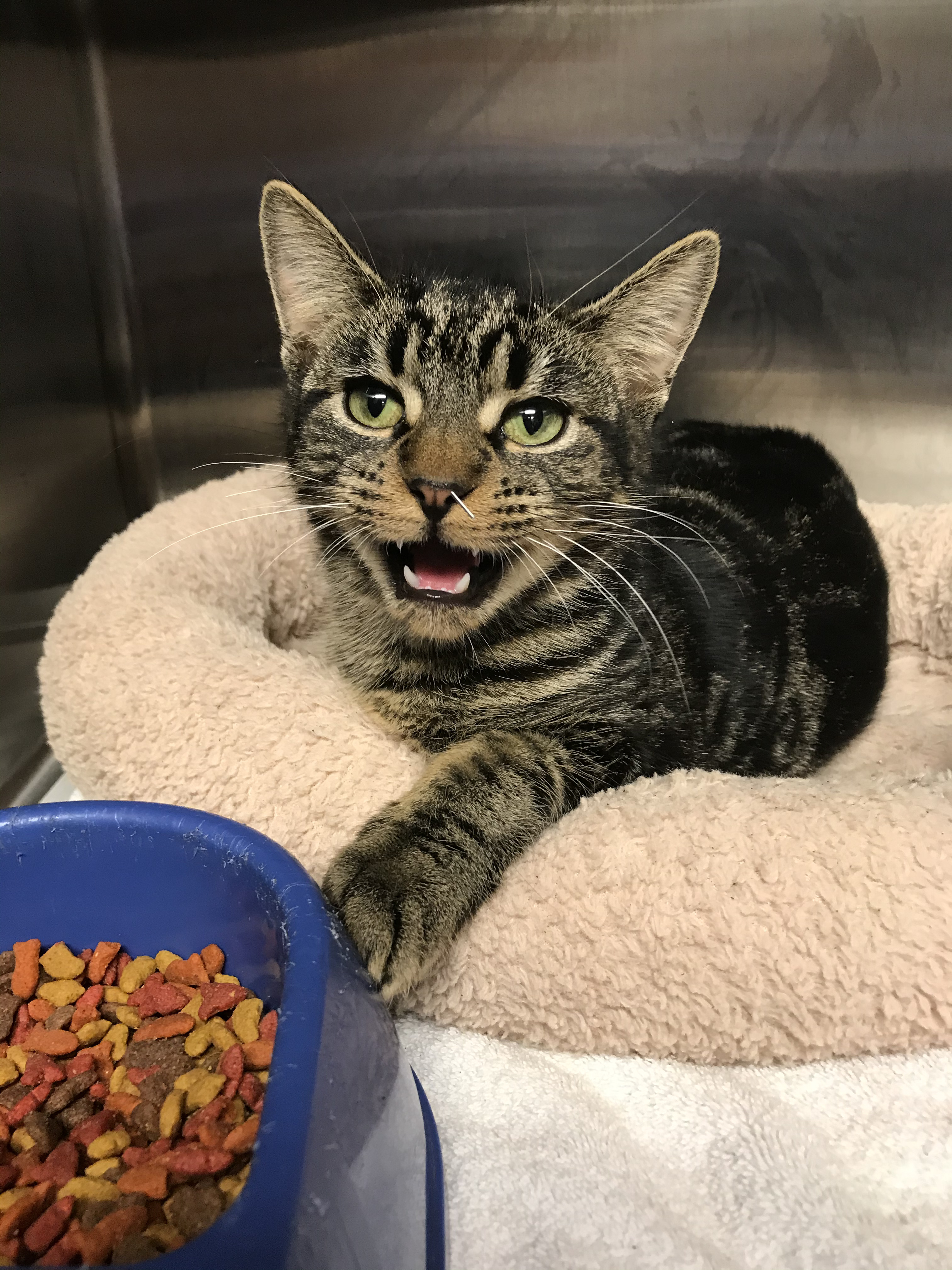-
WHAT IS ACUPUNCTURE? +
Acupuncture is one of the four branches of Traditional Chinese Medicine (TCM) that has been practiced for nearly 4,000 years. Acupuncture is defined as the stimulation of a specific point on the body with a specific method, resulting in a therapeutic homeostatic effect.
The ancient Chinese discovered that the health of the body depends on the state of Qi, which is the life force or vital energy. There are two opposite forms of Qi: Yin and Yang. Physiologically, Qi flows throughout the body at all times, maintaining a balance of Yin & Yang. When the flow of Qi is interrupted by any pathological factor, the balance of Yin and Yang is lost, and disease may occur. Pain is interpreted as the blockage of Qi flow. Acupuncture stimulation resolves this blockage, freeing the flow of Qi and enabling the body to heal itself.
Qi flows throughout the body along energetic channels called meridians. Each meridian is also associated with a specific internal organ, which reflects the physiological and pathological conditions of that organ. The meridians connect the exterior of the body with the interior of the body.
Acupuncture points are located along these meridians, and when stimulated can relieve pain and help restore normal body function. Acupuncture points have specific locations and effects and have been well documented over the years. Modern research shows that acupuncture points are located in areas where there is a large density of free nerve endings, mast cells, small arterioles, and lymphatic vessels. The stimulation of these points induces the release of beta-endorphins, serotonin, and other neurotransmitters that produce multiple physiologic effects that activate the body's homeostatic regulatory mechanisms.
Acupuncture is not considered to be a "cure-all" but it can be effective used by itself, or more commonly, as an adjunct to conventional Western medicine. Acupuncture is commonly used when conventional medications are not working, when conventional medications are resulting in undesirable effects, or where surgical treatment is not an option. It can be used as the only modality of treatment or can be combined with other forms of treatment, including herbal remedies, homeopathic remedies, nutrition, and spinal manipulation (animal chiropractic).
-
WHEN IS ACUPUNCTURE INDICATED? +
- Musculoskeletal problems: Muscle soreness, Back pain, Disc problems, Osteoarthritis, Hip Dysplasia, and Degenerative Joint Disease
- Neurological disorders: Seizures, Laryngeal Hemiplegia, Facial and Radial Nerve Paralysis with needles in feet was for neurological issues-acu for brachial, Macky
- Dermatologic problems: Allergic Dermatitis and Lick Granulomas
- Respiratory problems: COPD/heaves, Asthma, and chronic cough
- Gastrointestinal disorders: Diarrhea, Vomiting, Gastric Ulcers, Constipation, and Impaction
- Endocrine disorders: Cushings, PPID (Pituitary Dysfunction in horses), Thyroid disease, Diabetes
- Urinary disorders: Incontinence, Cystitis. Kidney disease
- Other chronic conditions: Anhidrosis (inability to sweat), Uveitis (eye inflammation), Corneal Ulcers, Behavioral Problems, Infertility, Depressed Immune Function, Cancer, Liver Disease and geriatric weakness
- Performance enhancement
- Prevention of disease
- And more!!!
-
HOW SAFE IS ACUPUNCTURE? +
Acupuncture is one of the safest forms of medical treatment for animals when it is administered by a properly trained veterinarian. Acupuncture should never be administered without a proper veterinary medical diagnosis and an ongoing assessment of the patient’s condition. Because acupuncture balances the body’s own system of healing and no chemicals are administered, side effects are rare.
It is possible that an animal's condition may seem to worsen after a treatment – up to 48 hours. Others may seem a bit lethargic or sleepy the next day. This is an indication that some physiologic changes are occurring and this is most often followed by improvement of the animal’s condition.
-
HOW LONG IS AN ACUPUNCTURE APPOINTMENT? +
Stimulation of an individual acupuncture point can take as little as 10 seconds or can take up to 60 minutes. It depends on the technique used (dry needle, Electroacupuncture, Aquapuncture etc.) and the condition being treated. Most pets relax or even sleep for an average of 15 to 20 minutes during a treatment session.
The first appointment will be longer, possibly 1-1/2 to 2 hours long as a full veterinary examination, medical review and TCVM evaluation will be conducted in addition to any therapy that may be performed. Sometimes acupuncture may not be done on the first visit. Herbs or other therapies may be initially prescribed. Follow-up appointments may take up to one hour as necessary.
-
HOW MANY TREATMENTS ARE NEEDED BEFORE IT WORKS? +
It depends on the nature, severity, and duration of the condition being treated. A single treatment may be enough for an acute condition such as an injury or for post op pain. A series of 3 to 10 treatments may be needed for many chronic problems. Expect to try at least 3 treatments before deciding acupuncture is not working. The frequency of treatments for most cases will be weekly for the first few visits and the time between sessions may gradually be increased. For acute injuries, a more frequent time schedule may be needed such as every other day.
If there are no significant changes observed after the first several appointments, other approaches may be necessary to help your companion. Acupuncture will not cure every condition, but it is quite effective when indicated.
-
DOES ACUPUNCTURE HURT? +Acupuncture is most often performed with sterilized solid, not hollow, needles that are very small. There is sometimes a brief moment of sensitivity, tingling or pressure as the needle penetrates the skin and the acupuncture point is stimulated. This method of acupuncture is called dry needling. Once the needles are in place, most animals relax due to endorphin release and other healing effect. It is fairly common for patients to fall asleep during treatment.
Acupuncture in animals should only be performed by a licensed veterinarian that has completed formal training. It can be effectively combined with most conventional Western therapies. The American Veterinary Medical Association considers veterinary acupuncture a valid modality within the practice of veterinary medicine and surgery.
Information about acupuncture was provided by IVAS, International Veterinary Acupuncture Society and Chi University. If you have further questions, please contact us at info@onpointvetservices.com.
© Copyright 2021 On Point Acupuncture and Veterinary Services Corp. All rights reserved. Photos and Video reproduction are not permitted without permission.
Site developed by Wand Technologies Corp.



